TUC LGBT SEXUAL HARASSMENT AT WORK REPORT
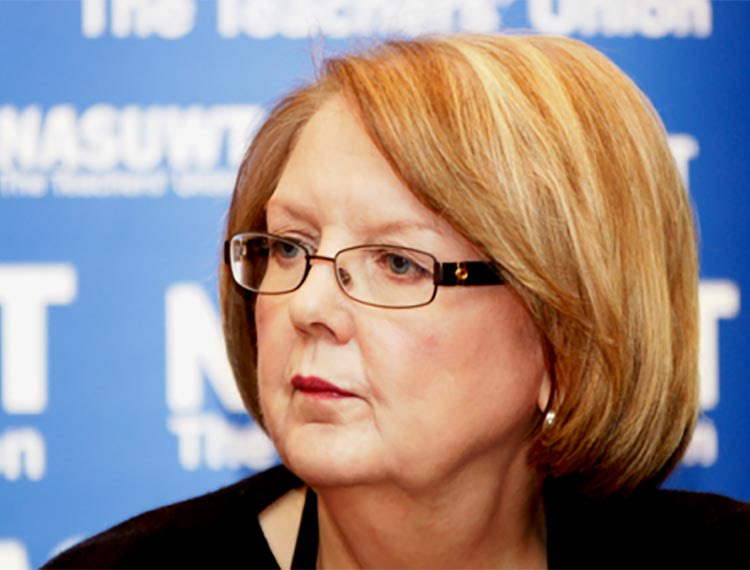
Commenting on the TUC’s report into LGBT workers’ experiences of sexual harassment, Chris Keates, General Secretary of the NASUWT, The Teachers’ Union, said:
“The findings of this survey are deeply disturbing.
“The NASUWT’s own research of LGBTI teachers has found that 22% of LGBTI teachers say they have experienced sexual harassment in the workplace and that a majority of teachers do not feel their workplace is a safe environment for LGBTI teachers.
“It is clear that too many employers are failing in their duty to tackle harassment, bullying and prejudice against LGBT workers and it’s about time they took seriously their duty of care for their employees.
“The NASUWT will have no hesitation in taking action in schools where sexual harassment occurs and employers fail to operate a zero-tolerance approach.
“The NASUWT believes that statutory provisions are urgently needed to require schools to record all incidents of sexual harassment and to have a policy to deal with such incidents.”
Commonwealth Secretary-General reiterates support to the LGBTI community
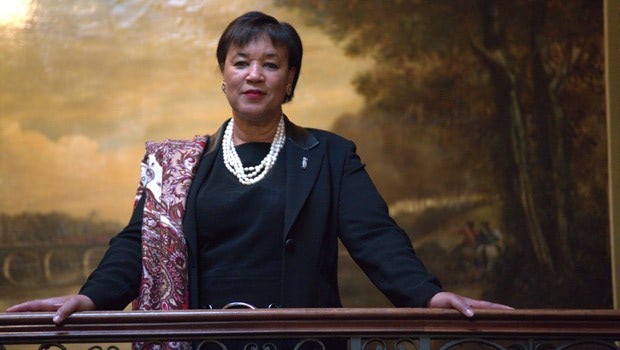
The Secretary-General says securing equal rights and fair treatment of lesbian, gay, bisexual, transgender and intersex (LGBTI) people is essential to achieving the sustainable development goals.
In her message for International Day against Homophobia, Transphobia and Biphobia (IDAHOTB), being observed across the world today, Patricia Scotland said:
“The theme for the International Day Against Homophobia, Transphobia and Biphobia this year, is justice and protection for all. The theme echoes the call to leave no one behind which is central to the 2030 Agenda for Sustainable Development and its 17 sustainable development goals (SDGs).
“There has been definitive progress over the last number of years among our member states in Asia, the Caribbean and Africa. Our approach has been to work with national level institutions such as parliaments, national human rights institutions, human rights defenders, civil society organizations, and faith leaders by harnessing their capabilities to advocate for and champion LGBTI equality and inclusion and progress the national dialogue.
“Marginalised and vulnerable groups, such as the LGBTI community, persons with disabilities, indigenous peoples and religious minorities, are disproportionately impacted by discrimination. In this regard, we recently held a stakeholder consultation with civil society partners, accredited organisations, as well as two UN Special Procedure mandate holders, the Independent Expert on protection against violence and discrimination based on sexual orientation and gender identity, and the Special Rapporteur on freedom of religion or belief. We will be working to support both these mandates as we promote LGBTI equality and inclusion as part of our advocacy for full and inclusive implementation of the commitments made under the SDGs.
“Our collective aspiration on this International Day against Homophobia, Biphobia and Transphobia 2019 must be to continue to promote the values of the Commonwealth Charter; to advocate for adherence to international human rights standards and obligations; and to work to ensure justice and protection for all persons, so that the SDGs become a reality and nobody is left behind.”

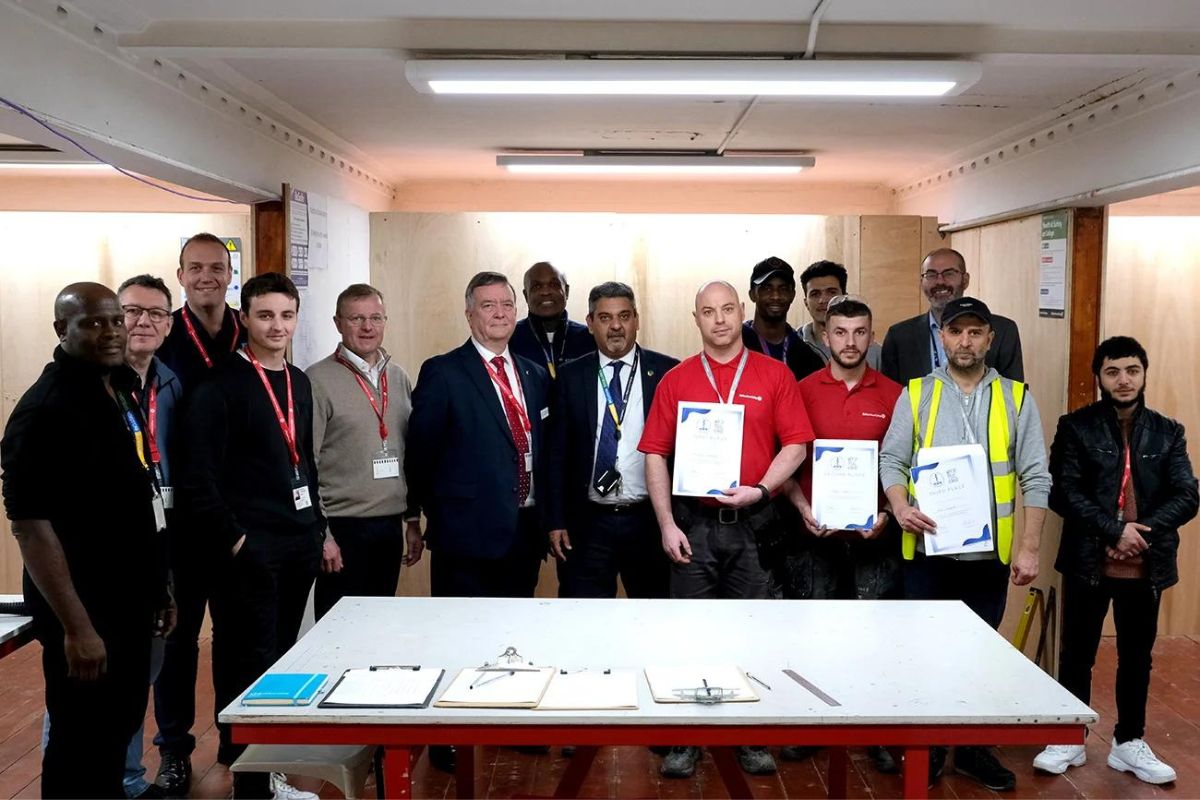
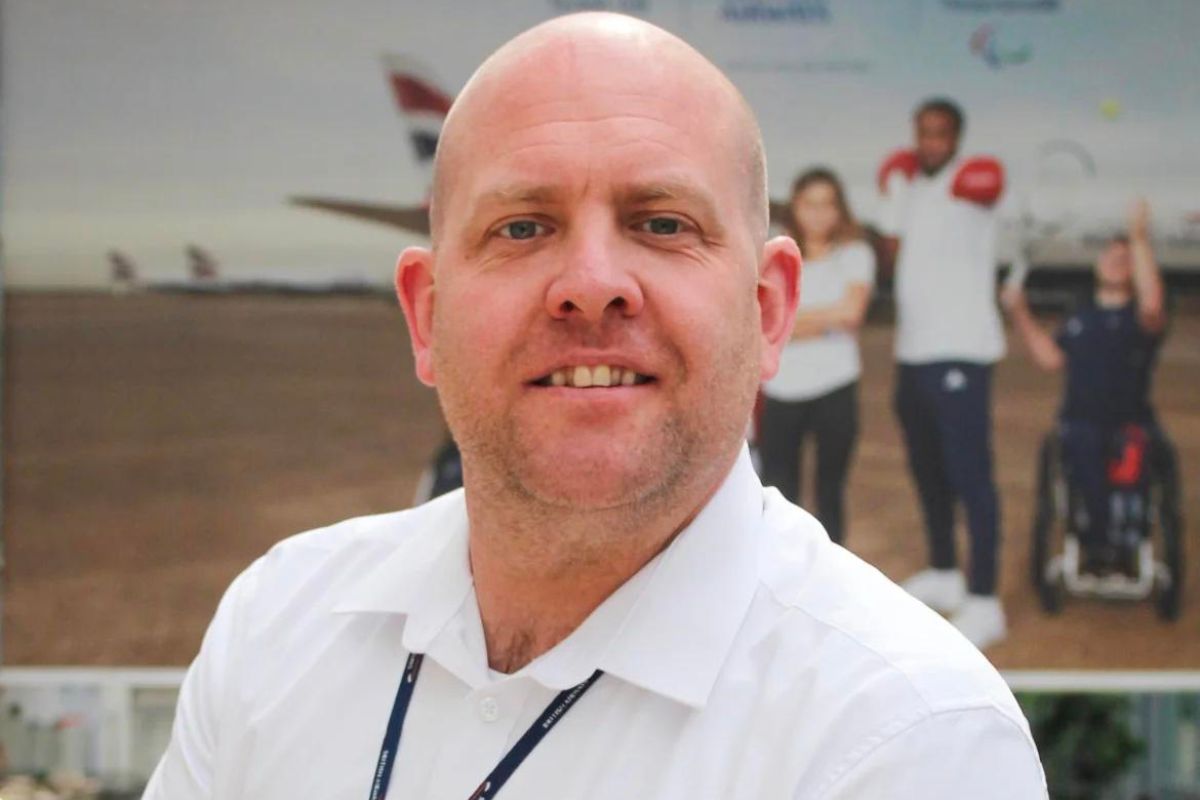
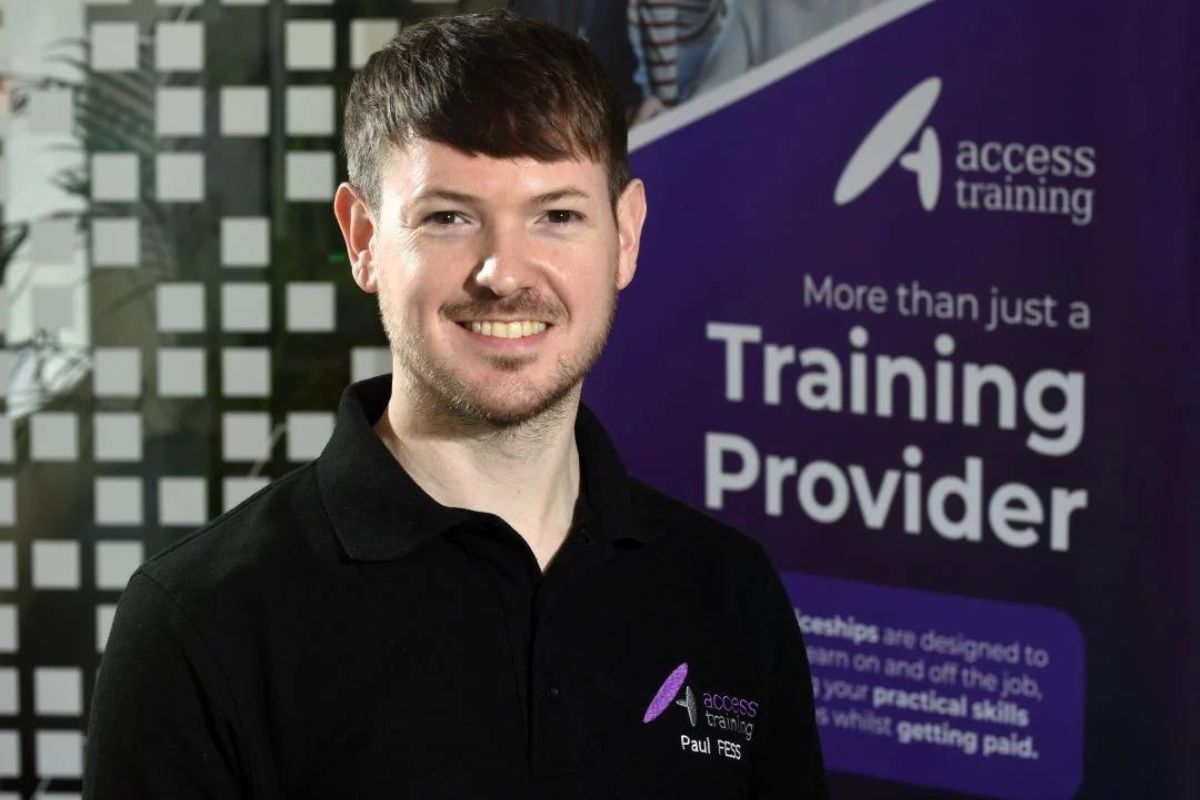
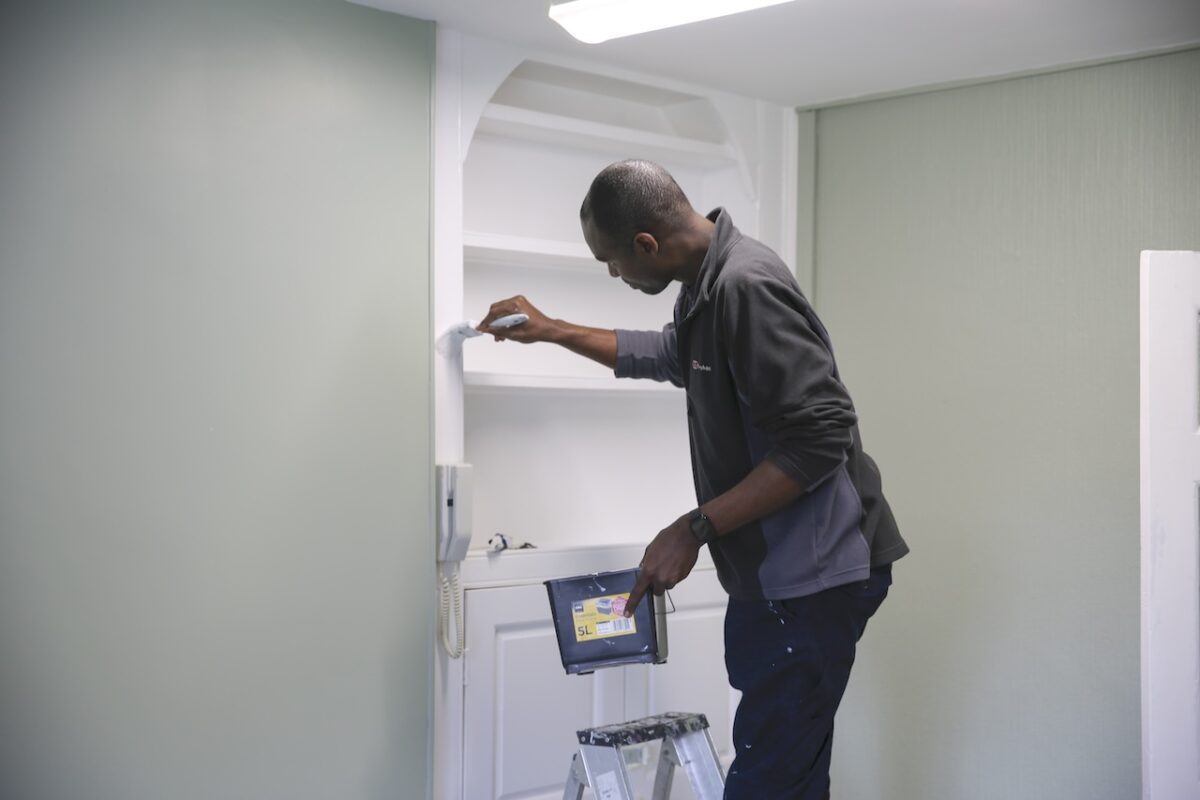


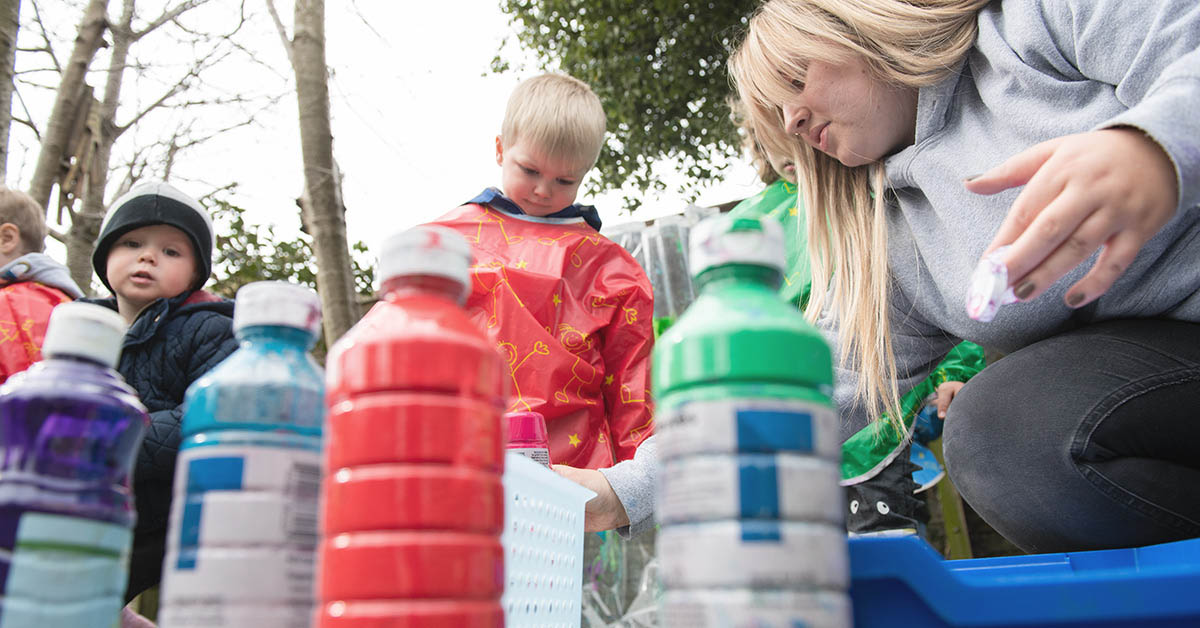

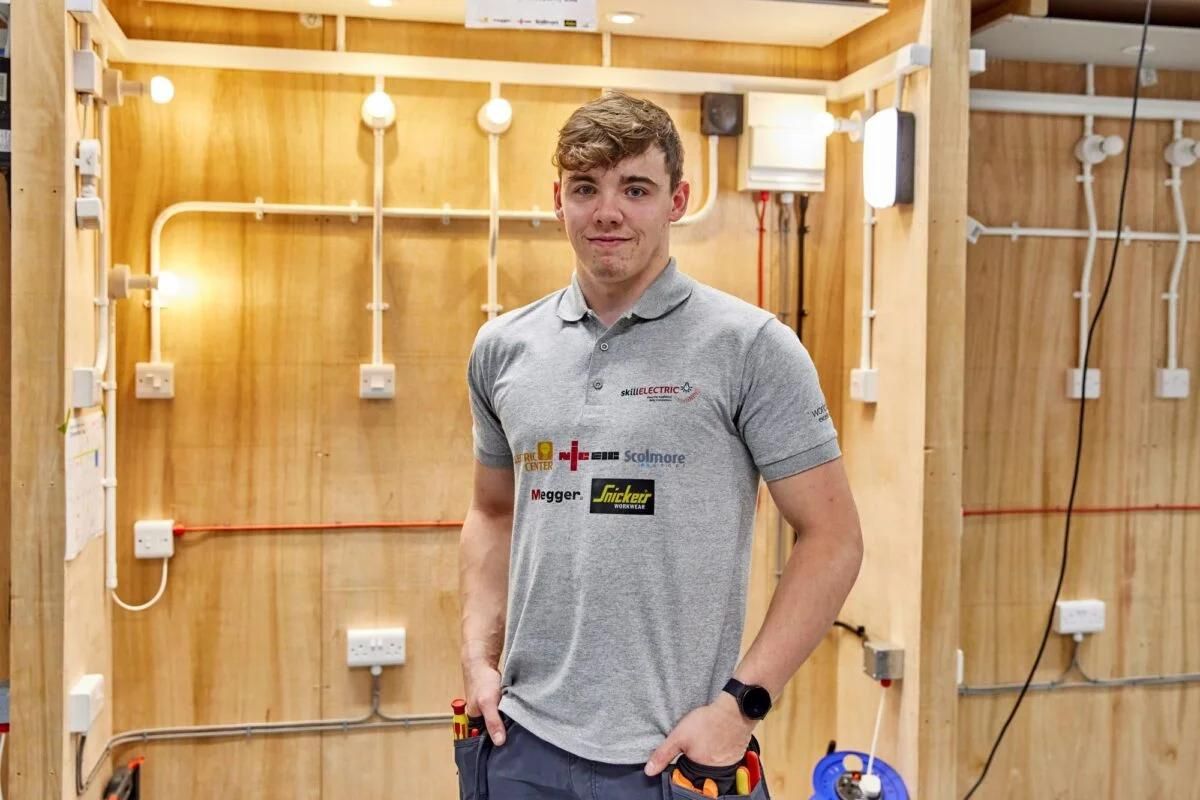

Responses